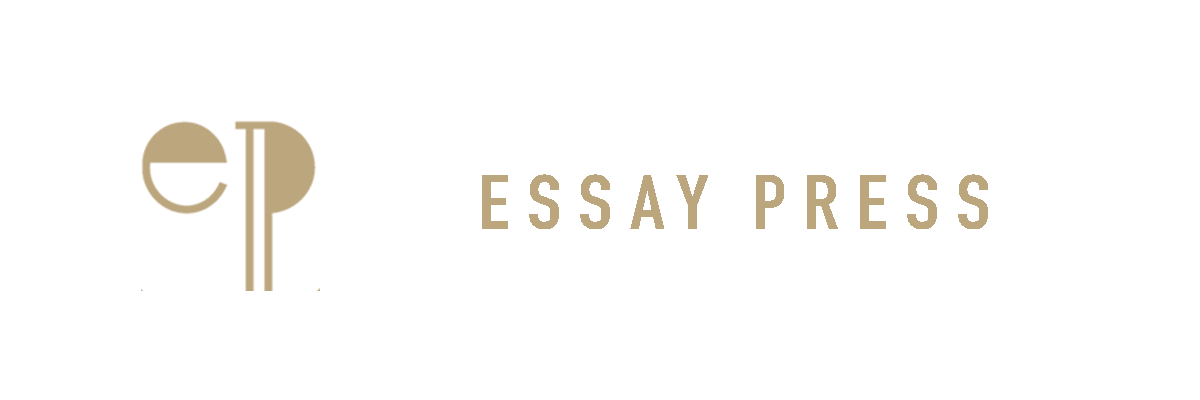Action!
In James Baldwin’s The Devil Finds Work, a book-length essay in which he recounts watching influential films and critiques racial politics through the lens of American cinema, he begins with an early memory of watching the 1931 film Dance, Fools, Dance: “Joan Crawford’s straight, narrow, and lonely back. We are following her through the corridors of a moving train.” Baldwin continues with this recollection of when he was seven years old and how he became “fascinated by the movement on, and of, the screen, that movement which is something like the heaving and swelling of the sea.” Write an essay that begins with an early, formative memory of watching a movie. Was there a specific scene or actor from the film that influenced your sensibilities?





